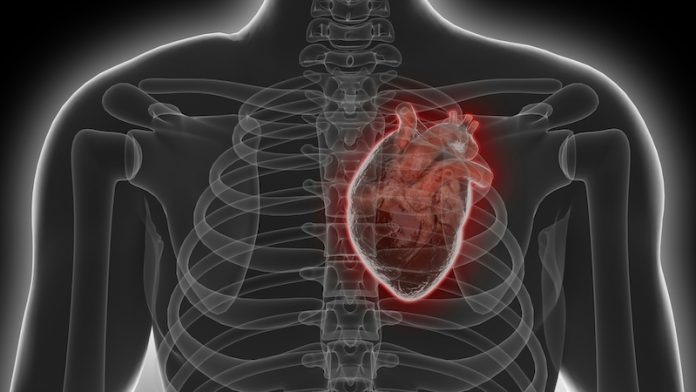
Heart disease, especially coronary artery disease, is one of the leading causes of death worldwide. In the United States, about 25% of all deaths are linked to this disease. Because of its impact, researchers are working hard to understand what causes it and how to treat it more effectively.
A research team at the University of Virginia Health has made an important discovery that could lead to better treatments in the future.
Dr. Mete Civelek, a researcher from the University of Virginia School of Medicine, explains that smooth muscle cells, which line our blood vessels, play a key role in coronary artery disease. Normally, these cells help protect our blood vessels by forming caps over plaque, which can prevent strokes.
But sometimes, these same cells do the opposite—they seem to make the disease worse by helping plaque build up in the arteries. This puzzled researchers. Why do the cells change their behavior?
To find answers, doctoral student Noah Perry studied smooth muscle cells taken from heart transplant donors. He looked closely at the genes that might be behind the change in behavior.
His research pointed to problems with how the cells use nitrogen and glycogen, which is the body’s way of storing sugar. One particular sugar, called mannose, stood out as possibly playing a role in this harmful change. While this link is interesting, the team says more research is needed to confirm it.
Understanding how and why these cells switch from helpful to harmful is very important. If doctors can figure out what triggers this change, they may be able to stop it and slow down the disease. This could lead to new ways to treat or even prevent coronary artery disease.
Dr. Civelek stresses how serious this condition is around the world. While current treatments like lowering cholesterol and controlling blood pressure help, more solutions are needed.
The research team—including Perry, Diana Albarracin, Redouane Aherrahrou, and Civelek—is continuing to investigate these findings, with the hope of creating better treatment options for millions of people affected by this life-threatening disease.
If you care about heart health, please read studies that vitamin K helps cut heart disease risk by a third, and a year of exercise reversed worrisome heart failure.
For more health information, please see recent studies about supplements that could help prevent heart disease, stroke, and results showing this food ingredient may strongly increase heart disease death risk.
Copyright © 2025 Knowridge Science Report. All rights reserved.



